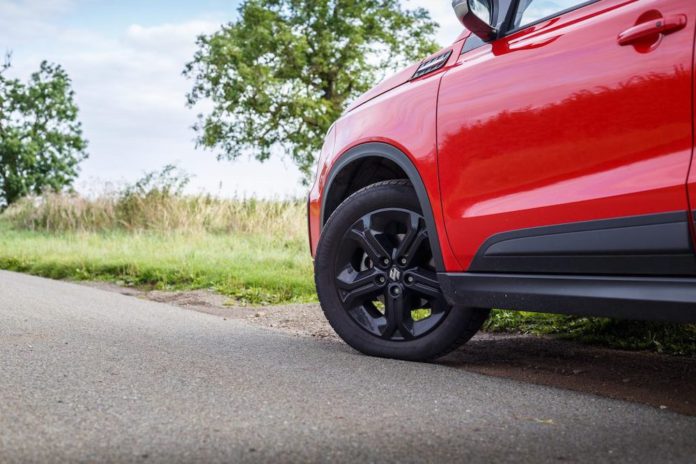One of the most common concerns when purchasing a used vehicle is determining the acceptable mileage. The miles a car has traveled can significantly impact its reliability, performance, and resale value. Martynas Baniulis, owner and author of VIN Mentor, shares his insights on how many miles are too many when buying a used vehicle.
Factors That Influence Mileage Acceptability
Several factors determine whether a used vehicle’s mileage is acceptable or not:
- Age of the vehicle: A newer vehicle with high mileage might be more reliable than an older vehicle with lower mileage, as advancements in technology and materials have improved the overall longevity of cars.
- Maintenance history: A well-maintained vehicle with higher mileage can be more reliable than one with lower mileage that has been poorly maintained.
- Type of miles: Highway miles are generally less taxing on a vehicle than city miles, as highway driving involves less frequent stopping, starting, and idling.
Mileage Ranges To Consider
While there’s no definitive answer to how many miles are too many, here are some general guidelines to consider:
- Under 30,000 miles: Vehicles in this range are often still under warranty and are considered “low mileage.” They typically command a higher price but offer greater reliability
- Under 30,000 miles: Vehicles in this range are often still under warranty and are considered “low mileage.” They typically command a higher price but offer greater reliability and longevity.
- 30,000 to 60,000 miles: Cars in this range are still relatively young and can provide years of reliable service if properly maintained. They’re typically more affordable than low-mileage vehicles.
- 60,000 to 100,000 miles: These vehicles have been on the road for some time, and their condition will depend heavily on maintenance history. With proper care, many modern vehicles can surpass 100,000 miles without significant issues.
- Over 100,000 miles: Vehicles with this mileage are considered “high mileage” and may require more frequent repairs and maintenance. However, some well-maintained vehicles can provide reliable service even at this mileage, especially if they’re known for durability.
Researching Vehicle Reliability
Before purchasing a used vehicle, it’s essential to research its reliability and common issues. This information can help you determine whether a high-mileage car is worth considering:
- Consumer reviews: Look for online reviews from owners who have driven the vehicle for many miles. They can provide firsthand insights into the car’s reliability and maintenance requirements.
- Reliability ratings: Websites like Consumer Reports, J.D. Power, and Kelley Blue Book offer reliability ratings for various makes and models, helping you identify vehicles known for their durability.
- Common issues: Research common issues associated with the specific make and model you’re considering. This information can help you anticipate potential repairs and maintenance costs.
Inspecting And Evaluating High-Mileage Vehicles
When considering a high-mileage vehicle, it’s crucial to inspect and evaluate it carefully:
- Maintenance records: Request documentation of the vehicle’s service and repair history. A well-maintained car is more likely to provide reliable service, even with higher mileage.
- Pre-purchase inspection: Have the car inspected by a reputable mechanic to identify any potential issues or needed repairs.
- Test drive: Take the car for a test drive to assess its performance, handling, and overall condition.
Conclusion
Determining how many miles are too many when buying a used vehicle depends on various factors, including the vehicle’s age, maintenance history, and type of miles driven. You can make an informed decision by researching the vehicle’s reliability, carefully inspecting and evaluating its condition, and considering your specific needs and budget. For expert advice on purchasing used vehicles and understanding VINs and car history reports, visit https://vinmentor.com.















